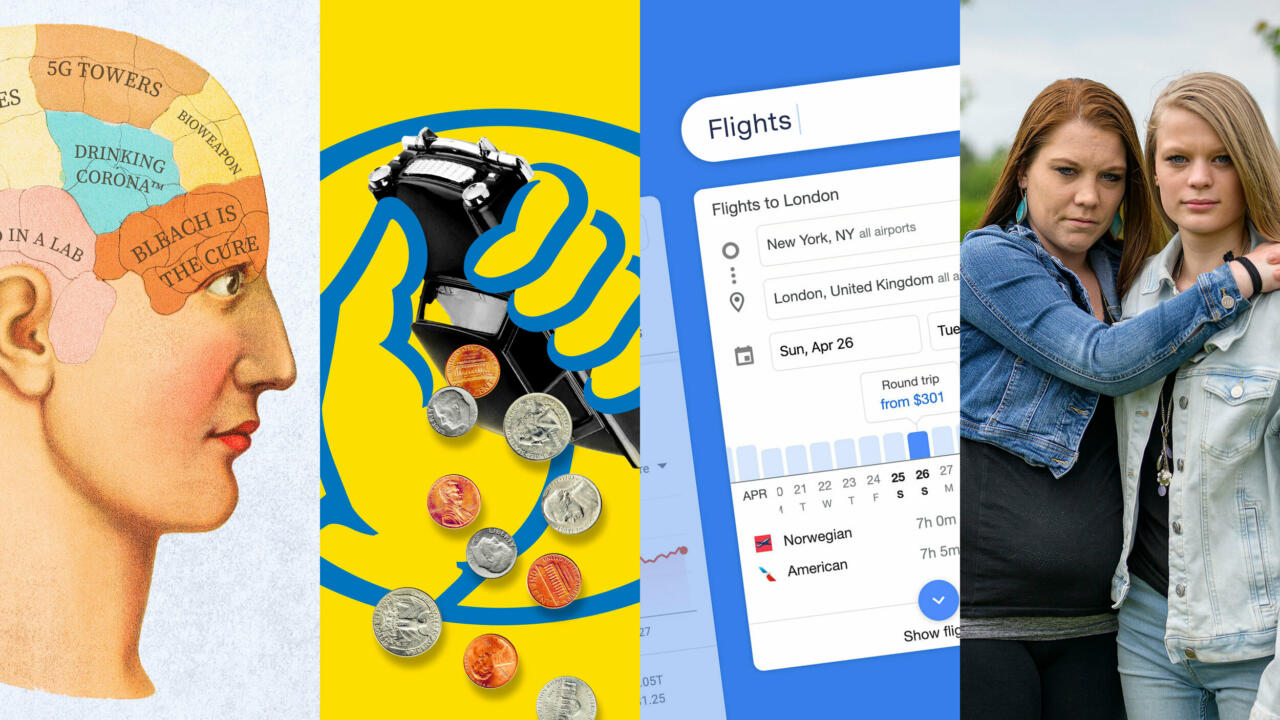This week marks one year since we rebooted The Markup with new leadership and a renewed commitment to our mission of pursuing data-driven investigations of technology’s impact on society.
It’s been a wild year, not just for us but for everyone affected by the global pandemic. We began publishing on Feb. 25 and two weeks later we were vacating our office. We haven’t yet gone back.
As for many of you, our days are now a steady stream of technology-mediated interactions—Zoom meetings, emails, calls, and encrypted chats—conducted from home and not infrequently interrupted by our children, pets, and other family members.
And yet, we’ve achieved important success—according to our metrics. Unlike other news outlets we don’t judge ourselves by the number of clicks we attract or the number of ads we sell.
Instead we measure success by impact: how much we have been able to improve the world through our accountability journalism. And in our five months of publishing, our investigations have already had significant impact. Here are some highlights:
- Our unprecedented quantification of how much Google advantages itself in search results, published in advance of last week’s Big Tech hearing before the House of Representatives’ antitrust subcommittee, sparked incisive questioning of Alphabet CEO Sundar Pichai. (Video clip here.) The subcommittee chair said our findings were evidence that Google had constructed a “walled garden.”
- Because of an inquiry by The Markup, Facebook no longer allows advertisers to target 78 million users interested in “pseudoscience.”
- An investigation by The Markup forced Amazon to acknowledge and take down dozens of listings for dangerous and illicit products that it purportedly banned, including a pill press of the same type used to make counterfeit drugs that had killed and sickened more than a dozen people. (The counterfeiter had said in court that he’d bought his on Amazon.)
- Allstate policyholders in Texas filed a lawsuit against the company alleging discriminatory conduct after our reporting revealed that the insurer was using a secret algorithm to calculate auto insurance prices for each customer, apparently based on their likelihood of shopping for cheaper rates. Allstate has petitioned the court to dismiss the suit on technical grounds.
- After The Markup identified how blind and low-vision users were being poorly served by nearly all 50 state government COVID-19 websites, Iowa updated its website to better serve people with vision impairments.
- Our reporting prompted Google to remove pornographic terms that it was suggesting as “related” to marketers buying ads for the term “black girls.” We found similar suggestions in Google’s ad-buying portal for “boys” and “girls” of other minority races and ethnicities, and Google stopped those, too. Google did not suggest any related terms at all for ads targeting “white girls.” (One ironic impact was that for a brief time traffic to our website spiked because Google placed our news article as a top result for the keyword “porn.”)
I’m so proud of what we’ve done so far and can’t wait to share with you all the work we have in store for the fall. But in the meantime, I’m going to take some time off and go to the woods and not stare at a screen. This newsletter will be on pause until I return to your inboxes on Saturday, Aug. 29.
In the meantime, however, you can still keep up with news from The Markup by subscribing to our new newsletter—Klaxon—which will email you every time we publish a story (generally two or three times a week). Like this newsletter, Klaxon will not track you when you open it or click on any links.
As always, thanks for reading, and see you in a few weeks!
Best,
Julia Angwin
Editor-in-Chief
The Markup
